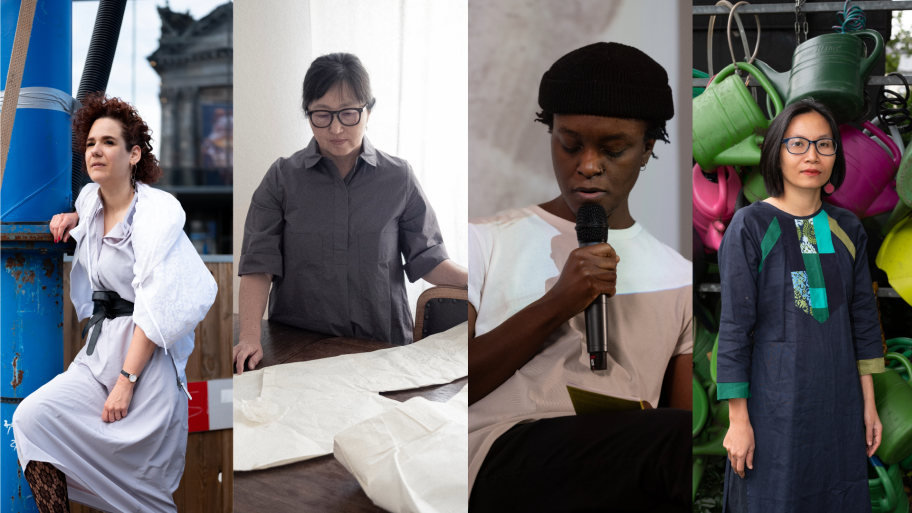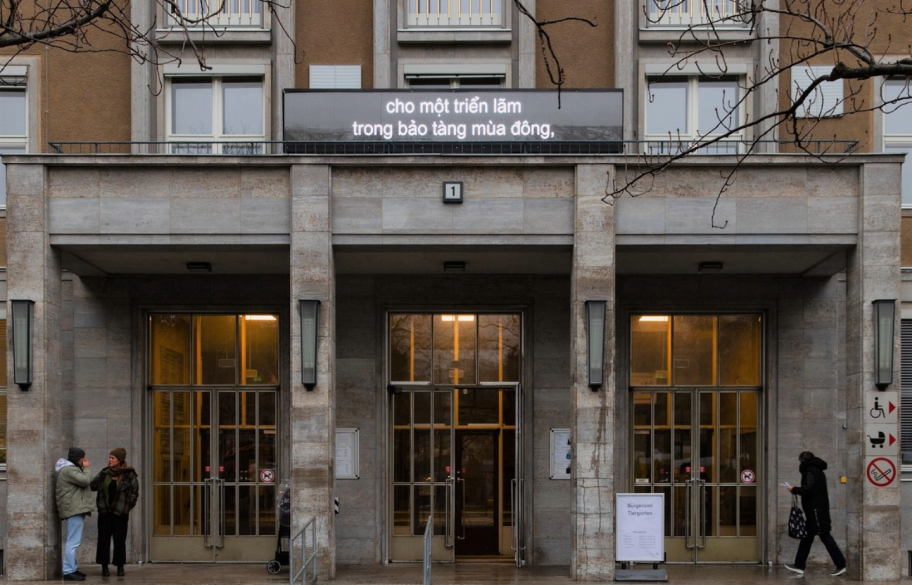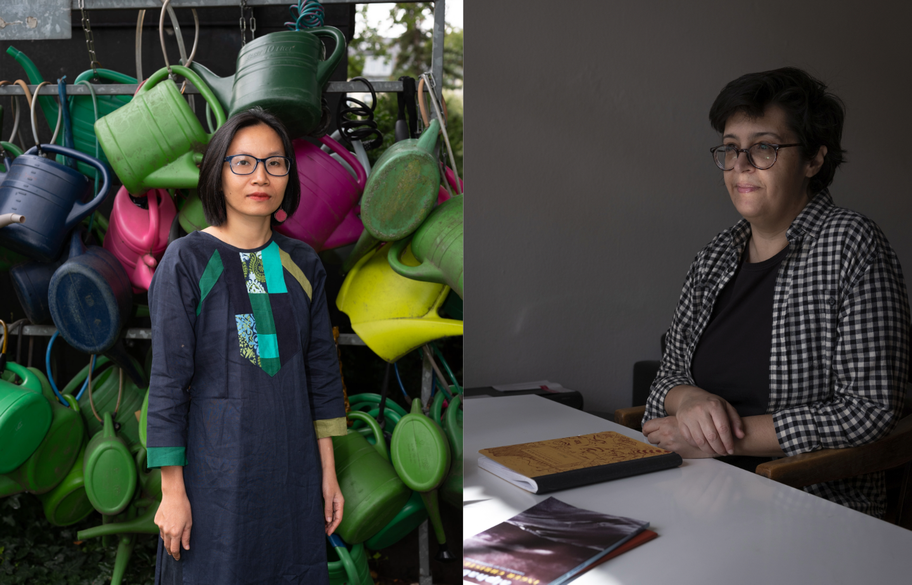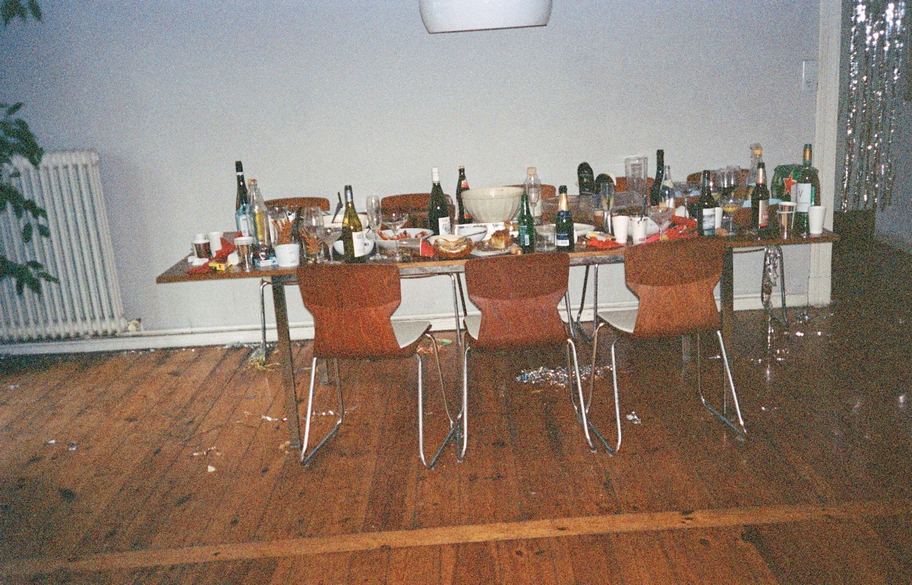Vietnam, Literature, 2023
Nhã
Thuyên
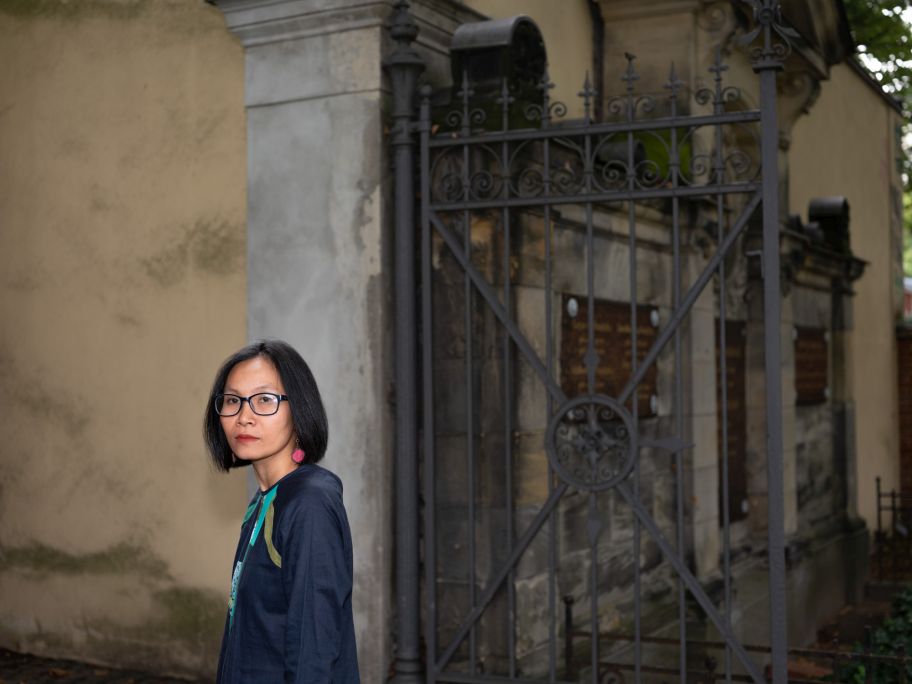
Nhã Thuyên, poet, essayist, editor, micro-press publisher and intrepid explorer of the Vietnamese language, conjures her alter-ego as a shapeshifter who visits graves, digs nonstop through barren land to locate a subterranean spring, knocks on silent doors, converses with the dead, and tells stories that can “prolong the longevity of older villagers, help the lonely reconnect with their beloved dead, reunite lovers, generate children’s laughter as lovely as the morning sun, and deepen the greenness of grass …”
Early in her literary career, through enigmatic prose poems published in her anthology Ngón Tay Út (“The Pinky”, 2010), Nhã Thuyên, born in 1986 at the launch of Vietnam’s Renovation Period and growing up during the nascent period of the internet, had begun to question the idea of borders, between margin(s) and “center,” Hanoi and Saigon, Vietnam and the Vietnamese diaspora. This salient questioning fueled her academic pursuit – the basis of her 2010 Master’s thesis in Philology – “Marginal Site: Poetic Practice by The Open Mouth Group from a Cultural Perspective”. She received her Master’s Degree in 2011. In March 2014, however, the state, swayed by ideologues, publicly divested Nhã Thuyên of her degree.
For a long time after, Nhã Thuyên could not bring herself to use Vietnamese; she felt the language had been violently estranged from her, rendering her speechless and adrift. But her passion for writing eventually returned. She expanded her master’s thesis and published the revised version in 2019 as a form of witness, in both English and Vietnamese, via the title un\\martyred: [self-]vanishing presences in Vietnamese poetry (bất \\ tuẫn: những hiện tượng [tự-] vắng trong thơ Việt). By memorializing the scholarly fruits that were brutally disavowed by the state, Nhã Thuyên has firmly refuted the notion of martyrdom. Yet the “self-vanishing” in her title connotes the ancient tradition of removing one’s self from public life when its oppressive demands assault one’s moral integrity.
Nhã Thuyên’s embrace of experimental voices does not mean a break with older poetic traditions, but is more about which past(s) and which collective memories should be excavated. Due to Vietnam’s repressive history, there have been many buried pasts, with many poets and artists silenced by censorship and imprisonment. Thus, the conversation between the narrator and her dead father in “dust” (“bụi”), from taste of waters (vị nước, 2022), represents an homage to a forgotten literary past, echoing the scene of two young children in “Two Grave Diggers” (“Hai Kẻ Đào Huyệt”, 2008), who briefly descend into their parents’ freshly dug graves before blithely scampering out. Similarly, in her recent role as guest editor of the online poetry showcase Ù Ơ/ Suo (2022), she meditated on the lullaby sounds sung by Vietnamese (grand)mothers as a foray into the sources of poetic language and daily rituals.
In Nhã Thuyên’s poetic universe, Vietnamese can be as visceral as a bout of moon fever, maddening as a narrow door, or explosive as the beatings of one’s heart. While the mutable resilience of Vietnamese syntax anchors Nhã Thuyên to her birth soil, her translated works – metaphorical ships likened to pot-bellied pigs to illustrate wish fulfillment – sail calmly toward the far horizon.
Text: Đinh Từ Bích Thúy
Past
-

đừng giấu cơn điên / don’t hide the madness
Nhã Thuyên2024, chapbook

Nhã Thuyên’s đừng giấu cơn điên / don’t hide the madness contains eight poems excerpted from the forthcoming book vị nước (taste of water). To read this work is to be wrenched out of oneself and into the opening and closing world of language: a world in equal parts vegetal, liquid, human, stone, at once bordered river and open sea, enclosed maze and open field; a labyrinth, but a labyrinth of the utmost clarity; a rising or collapsing building made of words that’s not a ‘dwelling’ so much as a refusal to dwell, which is its loneliness and bereftness and consolation and strength, all at once. “Steps here pulled forth by some line of poetry out of time”, such work “fabricate[s] a bed out of sea, build[s] a house out of tremendous immensity”. It’s the result of a lifelong investigation of the Vietnamese language, deep, joyous, scrupulous and sometimes painful; of a lifelong investigation of the whole deep field of history and time as it’s lived deep within the person and in the field beyond the personal that poetic language affords us. This is a realm, not of simple freedom, but of the struggle for the fullest record and the fullest measure towards which a poet can strive. Don’t hide the madness. Don’t be at peace.
Translated from Kaitlin Rees
Published by Materials/Materialien


